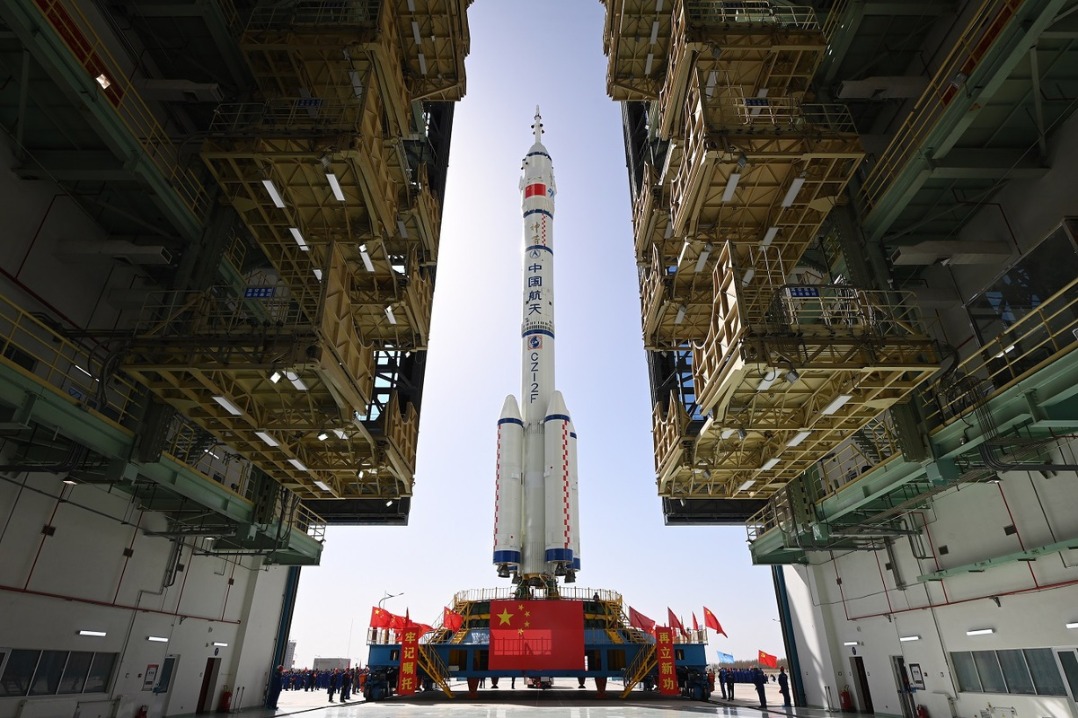G7 conference highlights divisions over how to handle pandemic
By Harvey Morris | China Daily Global | Updated: 2020-03-31 09:39

A teleconference of foreign ministers from the West's biggest economies broke up without a joint communique last week after the United States' side pressed to label COVID-19 "the Wuhan virus".
Other members of the G7-the United Kingdom, France, Germany, Italy, Japan and Canada-refused to put their names to the phrase that was both unscientific and potentially inflammatory after Chinese people abroad faced abuse for allegedly spreading the disease.
The G7 standoff underlined differences in attitude and approach toward the pandemic among the US and its allies.
US President Donald Trump and Mike Pompeo, his secretary of state, have set the tone for Washington.
This column suggested in mid-February that no one was labeling the novel coronavirus a Chinese disease. Then, on March 10, Trump re-posted a message from a right-wing, anti-immigration supporter referring to "the Chinese virus".
Pompeo has meanwhile focused his public remarks on accusing China of an alleged lack of transparency at the start of the pandemic.
Domestic critics said the finger-pointing rhetoric was an attempt to blame the disease on foreigners and to disguise the US's relative lack of preparedness for the outbreak.
Trump defended his language by saying "because it comes from China. It's not racist at all, no, not at all. It comes from China, that's why. I want to be accurate."
The president had earlier suggested that concerns over the spread of the virus was "a hoax" and he is now being criticized at home for wanting to lift emergency measures too soon in order to protect the economy.
Trump has, however, softened his tone since what he described as "a very good conversation "with President Xi Jinping. "China has been through much and has developed a strong understanding of the virus. We are working closely together. Much respect!" he tweeted on Friday.
He said he had also decided to drop the "Chinese virus" label. He did not regret using it, he said, "but I decided we shouldn't make any more of a big deal out of it".
As the US became the first country reporting more than 140,000 novel coronavirus cases and as its leading infectious disease expert, Anthony Fauci, predicted the disease could claim as many as 200,000 US lives, it was perhaps dawning on Trump that he had a major domestic crisis on his hands.
The US response has been less coordinated than in Europe and elsewhere partially because of the extensive political autonomy of the country's cities and states.
Whereas many European governments have ordered nationwide lockdowns, in the US it was initially left to state governors to take the lead on imposing social distancing and travel restrictions.
New York State governor Andrew Cuomo complained that states were competing with each other to buy much-needed ventilators, thereby driving up the price. He said the federal government in Washington should step in to control their purchase.
While Trump is now publicly prioritizing the medical impact of the crisis, critics say he is still focusing on its economic effects. He has, however, dropped his earlier insistence that the crisis would be all over by mid-April. On both fronts, he is seeking greater cooperation with China. In the phone conversation between Trump and Xi, the Chinese leader offered support to the US in controlling the disease and said he was willing to enhance macro-economic policy coordination with Washington to stabilize markets and shore up growth amid the pandemic, according to China's television network CCTV.
Trump's remarks during the crisis have indicated he is particularly focused on pushing US agricultural sales to China. A cautious Beijing has said it will buy US food products in line with market conditions and World Trade Organization limits.
Trump is aware that US farmers, in predominantly Republican-voting states, are particularly vulnerable to any slump in export sales. Crop and livestock prices are already down and farmers are worried that sickness will create labor shortages.
The farm lobby is pressing Washington for financial aid and for visas for the Mexican migrant laborers on whom the picking season depends.
Even before the virus struck, US farmers were reeling from the impact of Trump's trade war with China, which put many of them out of business.
The farming Midwest is a heartland of Trumpism and he cannot afford to lose votes there if he is to secure his re-election this year.
Maybe the US president should not worry. Despite his slow response and frequent misstatements about the coronavirus crisis, which he initially termed a hoax, Trump's popularity score is higher than ever. He has bragged that his televised briefings are now "a ratings hit".
So far so good, it seems. But Trump's re-election prospects will inevitably depend on how the crisis unfolds between now and November and how he handles it.
Morris is a senior media consultant for China Daily UK























